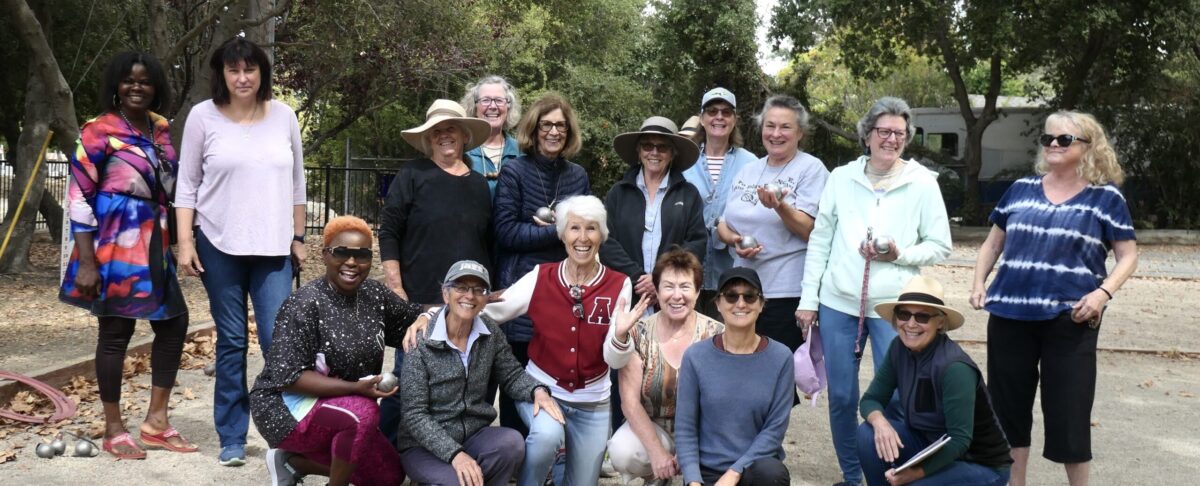Every human being needs love. And so do animals.
Some people are lucky to have experienced it, but many are not so fortunate. They are often desperately lonely and seek comfort with an ESA (emotional support animal).
 Some humans find it surprising that practically any animal can be tamed and become “un animal de compagnie” (an emotional support animal). But some individuals have successfully managed to raise bears, hippos, wolves, lions, etc. and bond with them.
Some humans find it surprising that practically any animal can be tamed and become “un animal de compagnie” (an emotional support animal). But some individuals have successfully managed to raise bears, hippos, wolves, lions, etc. and bond with them.
All animals, regardless of their species, have a soul, feelings, and are definitely capable of love.
“If having a soul means being able to feel love and loyalty and gratitude, then animals are better off than a lot of humans.” James Herriot
Unlike humans, animals’ feelings are unconditional. They will love you forever regardless of the circumstances.
Emotional support animals come in many shapes and colors. Most are cats and dogs but there are many other species. Mice, rabbits, birds, hedgehogs, rats, mini pigs, ferrets, squirrels, turtles, turkeys are fairly common.
“I never married because there was no need. I have three pets at home that answer the same purpose as a husband. I have a dog which growls every morning, a parrot which swears all afternoon, and a cat that comes home late at night.” Marie Corelli
ESAs can travel free on most airlines. But there have been some excesses and airlines are cracking down on support animals and issuing tighter regulations.
Some people have tried to board planes with snakes, peacocks, monkeys, turkeys, penguins, duck chickens…
I am a staunch animal lover but I would not fancy flying to Paris with a talkative peacock seating next to me.
But I definitely understand the need for emotional support animals. They are like a child’s “blankie”. Indispensable.
Finally, regardless of what you choose as an ESA, please do not try to take your smart pot-bellied pig everywhere. Common folks might not be as understanding as I am.
Alain

 While I wholeheartedly support this movement, I am somewhat afraid that this crusade could degenerate into a
While I wholeheartedly support this movement, I am somewhat afraid that this crusade could degenerate into a 